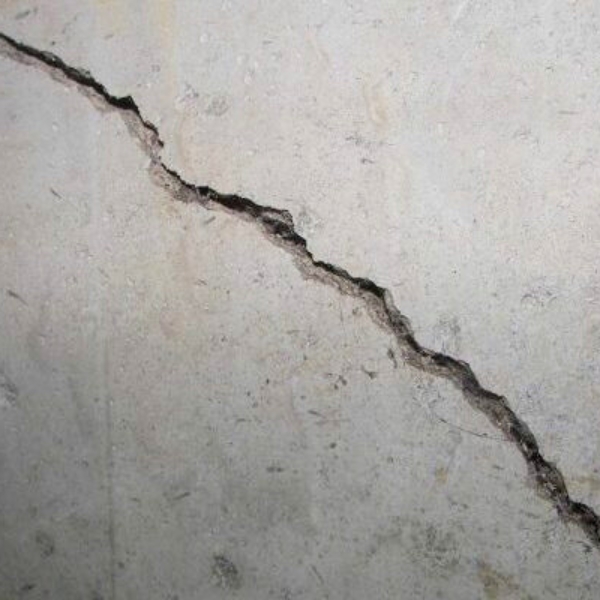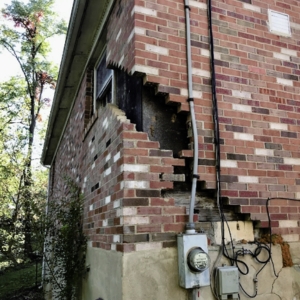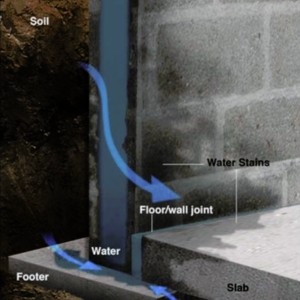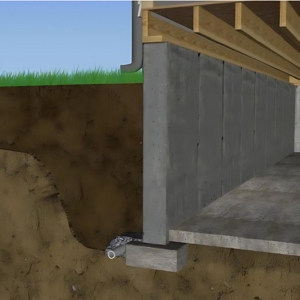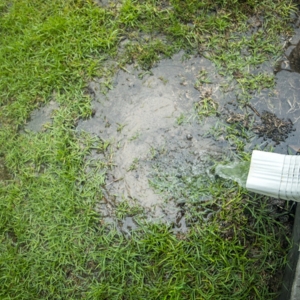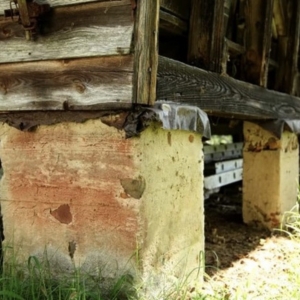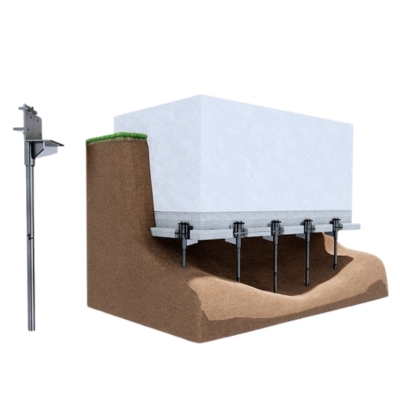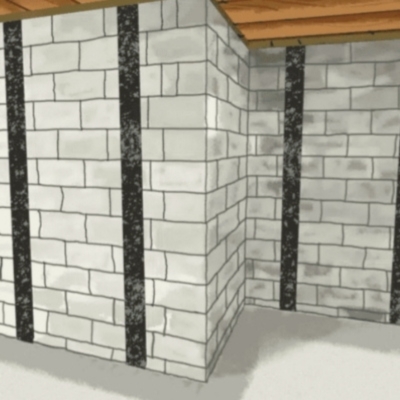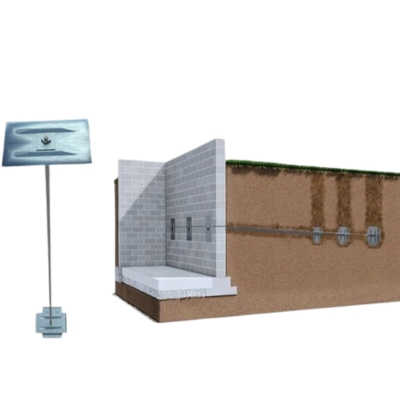Cracks in Concrete Walls FAQ's
You should worry when cracks are wider than a hairline, spread quickly, or run horizontally or in stair-step patterns. In Florida, these often signal foundation settlement or soil pressure from heavy rains. Left untreated, they worsen fast.
LUX team provides expert inspections and proven strategies to repair cracked concrete walls and stop damage before it threatens your home’s safety and value.
Florida’s soils are highly active—sandy layers wash out with rainfall, clay expands and contracts with moisture, and even limestone erosion or sinkhole activity can destabilize foundations. Add in high humidity and poor drainage, and walls face constant stress.
At LUX, we specialize in identifying these causes and providing a permanent method to fix cracks in concrete walls in Florida homes.
Cracks are serious if they’re wide, uneven, leaking water, or accompanied by sticking doors, sagging floors, or bowing walls. These often indicate structural failure, not just cosmetic flaws.
In Florida, it’s best to have a trusted foundation specialist like LUX Foundation Solutions evaluate the issue to confirm whether repairs are needed.
The right solution depends on the cause. Settlement cracks are stabilized with push piers, horizontal cracks are reinforced with carbon fiber, and stair-step cracks are corrected with wall anchors.
We customize each repair to Florida’s unique soils and moisture conditions—reach out to us for a tailored solution that ensures lasting strength and peace of mind.
Ignoring cracks in Florida’s climate invites bigger problems: water intrusion, mold growth, worsening settlement, and declining property value. Small cracks rarely stay small here—rain, soil shifts, and humidity make them spread.
If you don’t want to wait until cracks become serious structural damage, contact us for a free estimate and customized repair plan.

